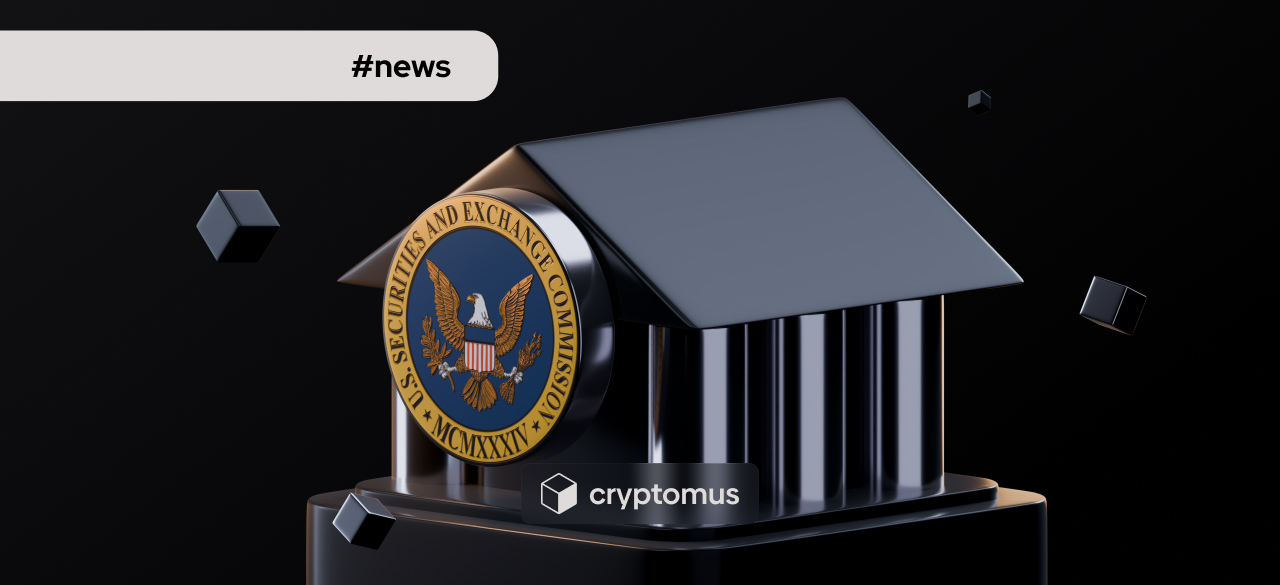
Что такое программный кошелек?
Оглавление
Безопасность в управлении цифровыми активами важна для любого криптоинвестора. Защита криптовалюты может быть обеспечена с помощью надежных кошельков для их хранения, среди которых выделяются аппаратные и программные кошельки. Последние из них более популярны благодаря своей доступности и простоте использования. В этой статье мы расскажем вам больше о функциональности программных кошельков и предложим список самых надежных из них.
Что такое программный кошелек?
Программный кошелек — это специальное приложение, которое позволяет пользователям управлять своими цифровыми активами. С его помощью вы можете отправлять или получать криптовалюту, отслеживать свой баланс и историю транзакций в режиме реального времени. Это удобное решение, так как кошельки могут работать на любом устройстве, включая смартфон, планшет, компьютер и т.д.
В этом контексте Cryptomus является отличным примером программного кошелька, который упрощает управление криптовалютой для пользователей. Благодаря интуитивно понятному интерфейсу вы легко можете хранить, отправлять и получать цифровые активы, следить за балансом и получать подробную информацию о транзакциях. Кроме того, он предоставляет все необходимые меры безопасности для защиты ваших средств.
Важно отметить, что программные кошельки не отвечают за хранение криптовалюты; активы хранятся в блокчейне. Кошельки, в свою очередь, хранят ключи, которые дают доступ к блокчейну. Другими словами, программные кошельки — это шлюзы к блокчейн-сетям, или их интерфейс, который облегчает взаимодействие с криптовалютами.
Как работают программные кошельки?
Как мы уже упоминали, все криптовалютные кошельки, включая программные, это приложения, с помощью которых вы можете взаимодействовать со своими активами в блокчейне.
Для программного хранения требуется подключение к интернету, чтобы загрузить все данные на жесткий диск вашего устройства. Эта мера обеспечивает доступ вашего устройства к блокчейну и вашей криптовалюте. Затем кошелек использует приватные ключи и, благодаря им, предоставляет вам доступ к вашему балансу и подписывает транзакции для отправки их в сеть.
Стоит также помнить, что программные кошельки бывают разных типов, и каждый из них работает по-своему. Среди них — веб, мобильные и настольные кошельки. Первый тип требует только интернет-браузера, тогда как другие два требуют установки программного обеспечения на устройство.
Плюсы и минусы программных кошельков
Теперь, когда вы знаете, как работают программные кошельки, настало время проанализировать их плюсы и минусы. Мы собрали их в таблице ниже.
| Преимущества | Удобство. Программные кошельки обеспечивают быстрый доступ к средствам с любого устройства. Кроме того, они просты в настройке и имеют понятный интерфейс. | Низкая стоимость. Большинство этих кошельков бесплатны в использовании или взимают минимальные комиссии. | Широкая интеграция. Программные кошельки подключаются к различным DeFi приложениям и биржам для торговли криптовалютой. | |
| Недостатки | Зависимость от устройства. Если устройство, на котором работает кошелек, утеряно или повреждено, доступ к активам будет затруднен. | Ограниченная работа в оффлайн-режиме. Поскольку программные кошельки требуют подключения к интернету, большинство функций недоступны в оффлайн-режиме. | Риски безопасности. Подключение к интернету делает кошельки уязвимыми для хакерских атак, вредоносных программ и других онлайн-угроз. |
Как вы видите, программные кошельки являются удобным решением для взаимодействия с криптовалютами, предлагая множество опций. Однако всегда существуют угрозы со стороны онлайн-мошенников, поэтому старайтесь использовать проводное подключение и персональный компьютер при работе.
Программный кошелек против аппаратного кошелька
Некоторые криптоинвесторы боятся онлайн-угроз и предпочитают использовать другой тип кошелька — аппаратный. В отличие от программных кошельков, которые работают через интернет, аппаратные кошельки — это физические устройства, которые хранят ключи в офлайн-режиме. Такое удаление от сетевых угроз обеспечивает более высокий уровень безопасности по сравнению с программными кошельками.
С другой стороны, программное хранение является более практичным вариантом по сравнению с аппаратным. Будучи основанными на приложениях или веб-интерфейсе, они идеально подходят для частых транзакций, тогда как аппаратные кошельки требуют времени и дополнительных ресурсов для подключения. Кроме того, всегда можно улучшить меры безопасности программного кошелька самостоятельно, используя сильные пароли, устанавливая сложные сид фразы, включая двухфакторную аутентификацию и регулярно обновляя программное обеспечение.

Лучшие программные кошельки
Если вы планируете начать работу с программным кошельком, вам нужно знать, какие из них самые надежные и функциональные. Вот список таких провайдеров горячих кошельков:
-
Metamask. Этот кошелек поддерживает блокчейн-сеть Ethereum и токены ERC-20 и может интегрироваться со многими децентрализованными приложениями (dApps). В качестве платформы Metamask предлагает мобильное приложение для iOS и Android, а также расширение для браузера. При использовании этого кошелька ваши приватные ключи хранятся локально на вашем устройстве.
-
Trust Wallet. Этот кошелек поддерживает множество криптовалют, включая Bitcoin и Ethereum, и интегрируется со многими dApps. Также он имеет мобильные приложения для iOS и Android. В плане безопасности предлагает биометрическую аутентификацию.
-
Electrum. Этот кошелек специально разработан для Биткоина. Он удобен благодаря возможности установки специальных комиссий за транзакции для своих пользователей. Electrum поддерживает Windows, Linux и macOS, а также имеет мобильное приложение для Android. Ключи хранятся локально, а транзакции подтверждаются несколькими подписями.
-
Atomic Wallet. Этот программный кошелек поддерживает более 500 криптовалют и дает возможность работать с нескольких операционных систем или через мобильное приложение. Приватные ключи хранятся на вашем устройстве и зашифрованы.
-
Cryptomus. Программный кошелек Cryptomus интегрируется с несколькими блокчейнами и поддерживает самые популярные криптовалюты, такие как Биткоин, Ethereum, Solana, USDT и другие. Он предоставляет пользователям возможность работать как через браузер, так и через мобильное приложение, а также позволяет участвовать в стейкинге, конвертировать монеты и даже участвовать в P2P-торговле, не покидая сайт. Все данные защищены технологией шифрования и двухфакторной аутентификацией, так что вы можете хранить свои активы здесь с уверенностью.
Программные кошельки — это удобное решение для взаимодействия с криптовалютами благодаря простому интерфейсу и мониторингу транзакций в режиме реального времени. Выбор провайдера программного кошелька должен зависеть только от ваших приоритетов и предпочтений, связанных с его функциональностью и особенностями. Однако всегда обращайте внимание на политику безопасности провайдера и принимайте дополнительные меры для обеспечения безопасности своих активов.
Надеемся, это руководство было полезным для вас, и теперь вы лучше понимаете, как работают программные кошельки. Не стесняйтесь делиться своим мнением или задавать вопросы в комментариях ниже!
Упростите свое крипто-путешествие
Хотите хранить, отправлять, принимать, делать ставки или торговать криптовалютами? С Cryptomus все возможно — зарегистрируйтесь и управляйте своими криптовалютными средствами с помощью наших удобных инструментов.
Начать









